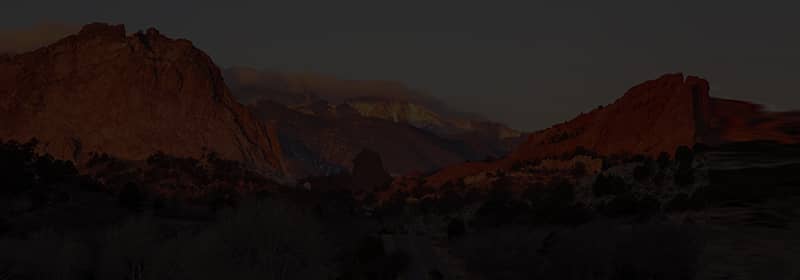The fine line between rowdiness and a disorderly conduct charge
Do you enjoy getting together with friends in Colorado and having a few cold beers or other libations on a summer’s night? If so, it’s safe to assume many other readers share your interests. Whether you meet up at your favorite local restaurant or attend a sporting event or concert together, it may be just what you need to get a little rest and relaxation after a hard week’s work. You probably noticed that hanging out with your peers helps you loosen up and forget your worries.
Depending on how “loose” things get, you may wind up facing trouble with the law if someone decides you’re a bit too rowdy and calls the police. The police may show up, ask a few questions and determine no harm done; or perhaps, they’ll issue a warning and tell party-goers to quiet down a bit or suggest it’s time for everyone to head home. However, if that’s not what happens, and they instead charge you with public intoxication and/or disorderly conduct, things may get a whole lot worse before they get better.
What constitutes drunk and disorderly?
Someone describing you as drunk may be using the term subjectively, especially if he or she has no conclusive evidence to back up the statement. If you plan to consume alcohol when gathering with friends in a public place, it’s best to research the laws that govern such matters ahead of time, so you know what to expect, as well as where to turn for help if a problem arises:
- If a police officer thinks you look or are acting drunk, and you happen to be in a public place at the time, you may be hit with a public intoxication charge.
- State laws vary; some also include a stipulation that your behavior appears to threaten the safety of others or that you are incapable of taking care of yourself.
- Behaviors that may lead a police officer to accuse you of public intoxication may include loud, boisterous talking, swearing or acting in lewd ways or any other way that makes you appear out of control.
- It’s possible for the court to convict you of public drunkenness on appearances only, without chemical proof of your condition at the time.
- The law is not definitive regarding whether particular locations are public or private. (The government also owns certain premises.) The court must often determine how to categorize a specific location associated with a public drunkenness charge.
If you and your friends were simply excited and getting into the fun of cheering for your favorite sports team or were living it up a bit at a concert in the park, it doesn’t necessarily mean you belong in jail. Even if you did have a little too much to drink, it depends on where you are at the time, as some states don’t criminalize public intoxication. This is where it comes in handy to know what the laws are ahead of time and who can help you if police charge you with a crime.
An experienced Colorado Springs defense attorney may be able to mitigate your circumstances regarding public intoxication and disorderly conduct charges in this state. If you believe your reputation is threatened or that police somehow violated your personal rights when arresting you for public drunkenness, you can ask for assistance to fight against the charges you’re facing in court.
